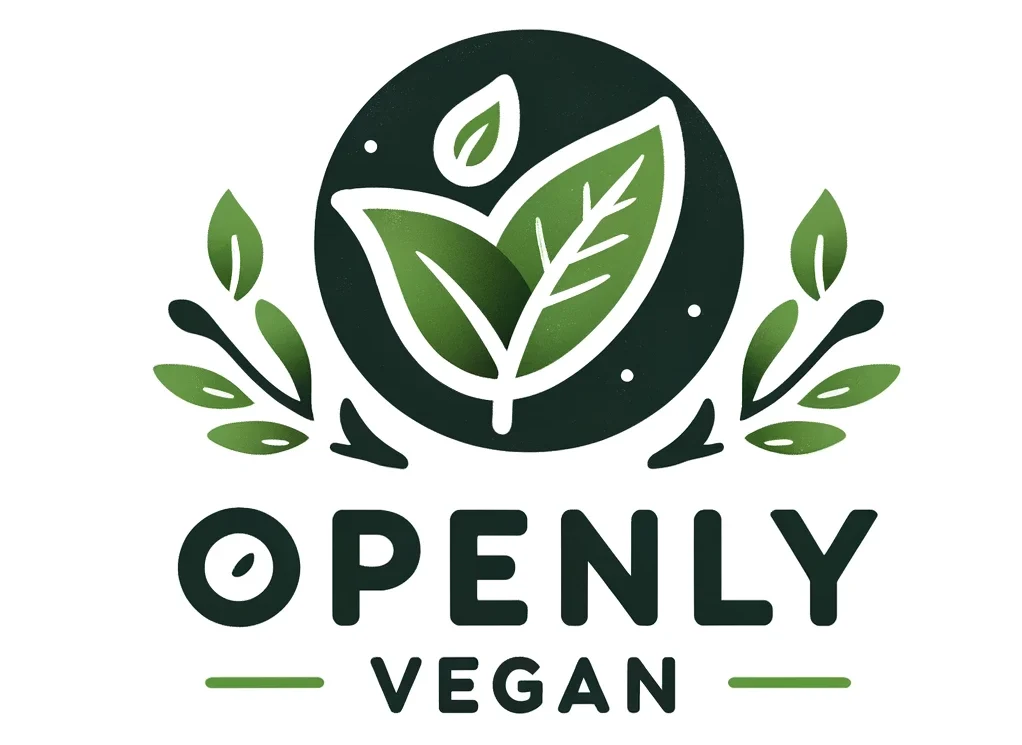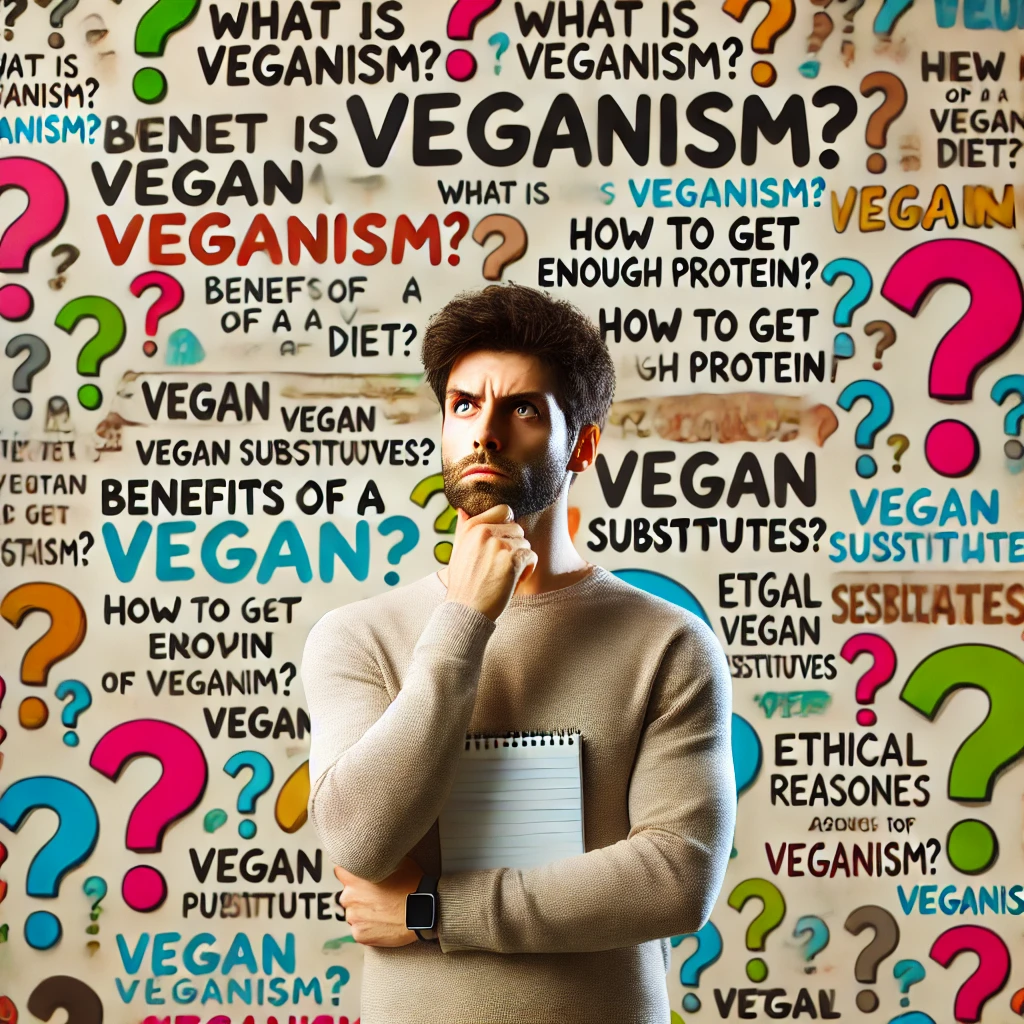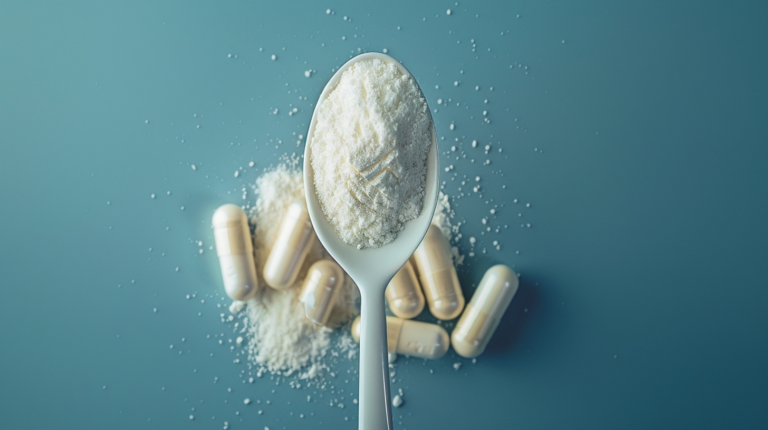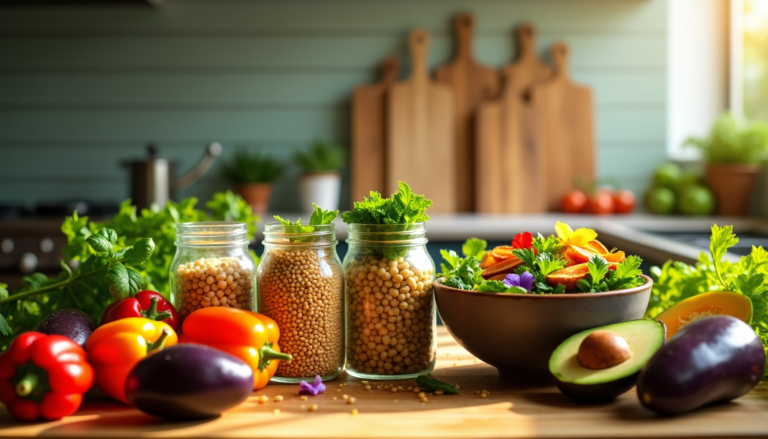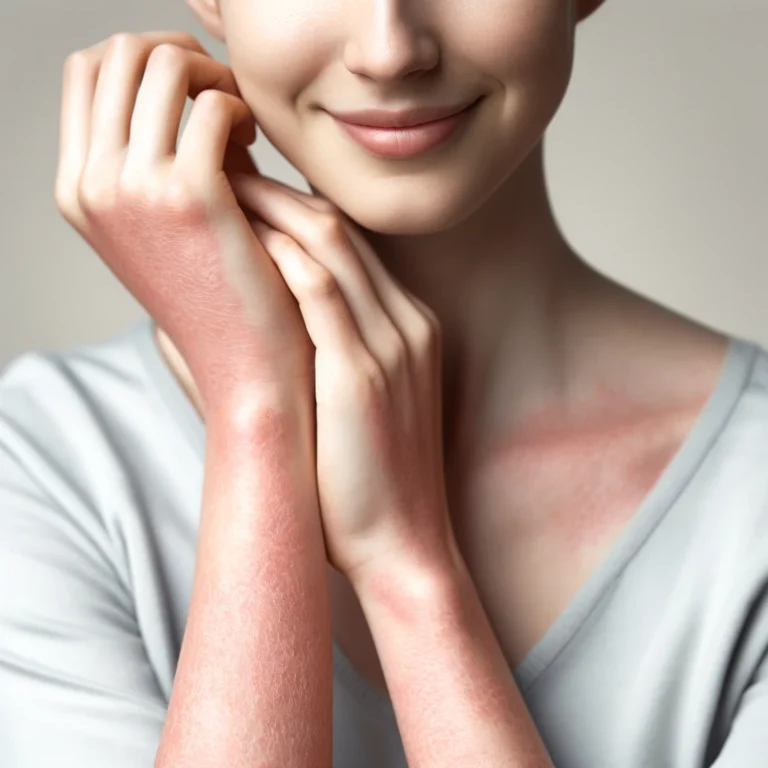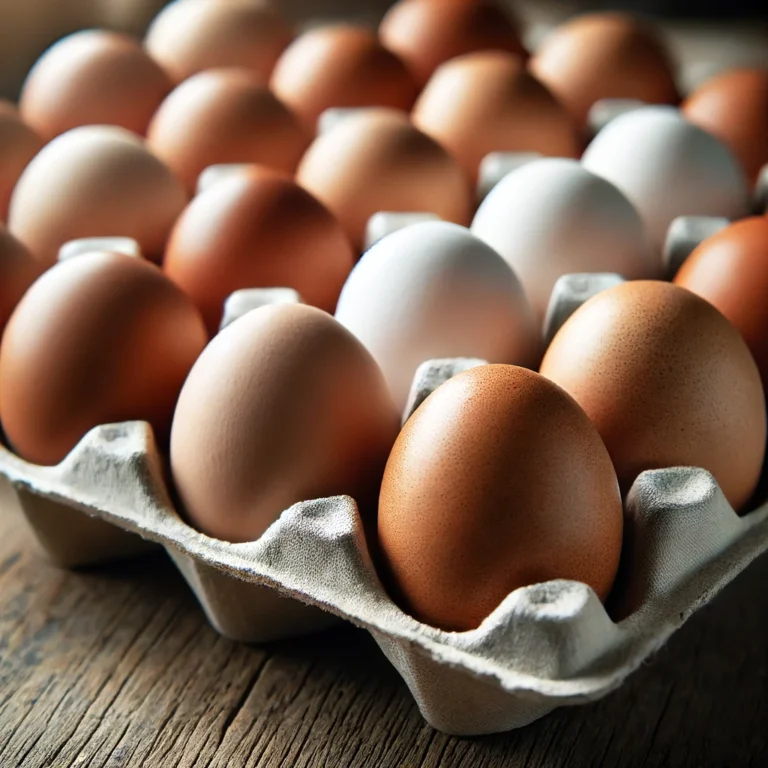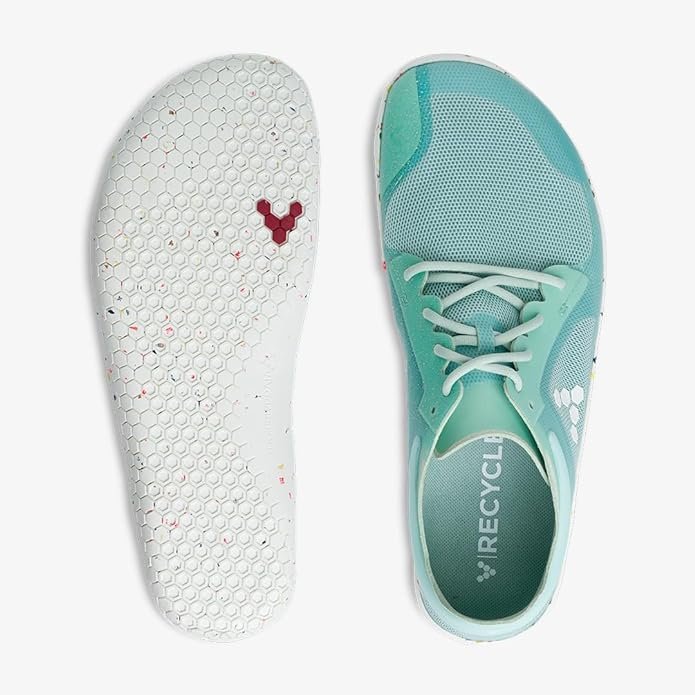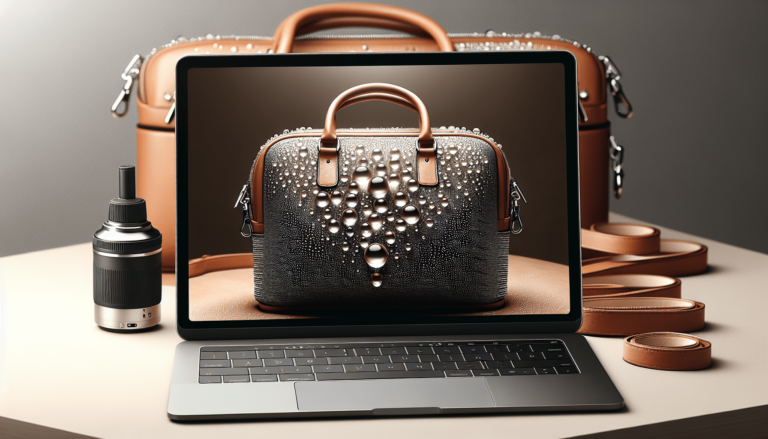Veganism Frequently Asked Questions (FAQs)
Discover the questions most commonly asked about veganism and what it means to be vegan or follow a vegan diet.
What is Vegan vs Vegetarian?
Vegetarians do not eat meat, poultry, or fish but may consume dairy and eggs. Vegans avoid all animal products, including dairy, eggs, and honey.
Can vegans eat eggs?
No, vegans do not eat eggs as they are an animal product.
Check out our more detailed post: Are Eggs Vegan
Can vegans eat honey?
No, vegans avoid honey because it is produced by bees.
Can vegans eat fish?
No, vegans do not eat fish or any other animal products.
Can vegans eat cheese?
No, traditional cheese is made from animal milk, which vegans do not consume. However, there are plant-based cheese alternatives.
Can vegans eat bread?
Yes, as long as the bread does not contain animal products like milk, eggs, or butter. Many breads are vegan-friendly.
Can vegans drink milk?
No, vegans do not drink cow’s milk or any other animal milk. They opt for plant-based milk alternatives like almond, soy, or oat milk.
Can vegans eat yeast?
Yes, yeast is a fungus, not an animal product, so it is vegan-friendly.
Can vegans eat butter?
No, traditional butter is made from animal milk. However, there are vegan butter alternatives made from plant oils.
Can vegans eat meat?
No, vegans do not eat meat or any products derived from animals.
Can vegans eat rice?
Yes, rice is a plant-based food and is vegan-friendly.
Why do vegans need B12?
Vitamin B12 is essential for nerve function and red blood cell production. Since it is mostly found in animal products, vegans need to get it from fortified foods or supplements.
Can vegans eat avocado?
Yes, avocados are plant-based and suitable for a vegan diet.
Is a vegan diet healthy?
A well-planned vegan diet can be very healthy, providing all necessary nutrients and reducing the risk of many chronic diseases.
Are vegans healthier than non-vegans?
Studies suggest that vegans may have lower risks of certain health conditions, but overall health depends on many factors, including lifestyle and dietary choices.
Is Vegan Leather Waterproof?
Vegan leather, also known as faux leather, can be water-resistant or even waterproof, but it depends on the specific type and its construction.
Not All Vegan Leather is Created Equal: Some vegan leathers, especially those made with polyurethane (PU) or polyvinyl chloride (PVC), are not inherently waterproof. These materials can absorb water, which may lead to damage over time.
Water-Resistant Options: Many vegan leathers are treated or coated to be water-resistant. This means they can repel light rain or splashes, but they are not fully waterproof.
Waterproof Vegan Leather: Some newer types of vegan leather, like those made from innovative materials like cork or certain bio-based plastics, can be fully waterproof. Additionally, some PU or PVC-based vegan leathers are designed with waterproof coatings.
How to Tell if Your Vegan Leather is Waterproof?
Check the Label: The product description or care label may indicate if the vegan leather is water-resistant or waterproof.
Look for Special Coatings: Some vegan leathers have a waxy or rubbery feel, indicating a water-resistant treatment.
Ask the Manufacturer: If you’re unsure, contact the manufacturer or seller to inquire about the specific water resistance of the material.
Caring for Vegan Leather:
Even if your vegan leather is water-resistant or waterproof, it’s always a good practice to:
Wipe away spills promptly.
Avoid soaking or submerging the material in water.
Follow the care instructions provided by the manufacturer.
